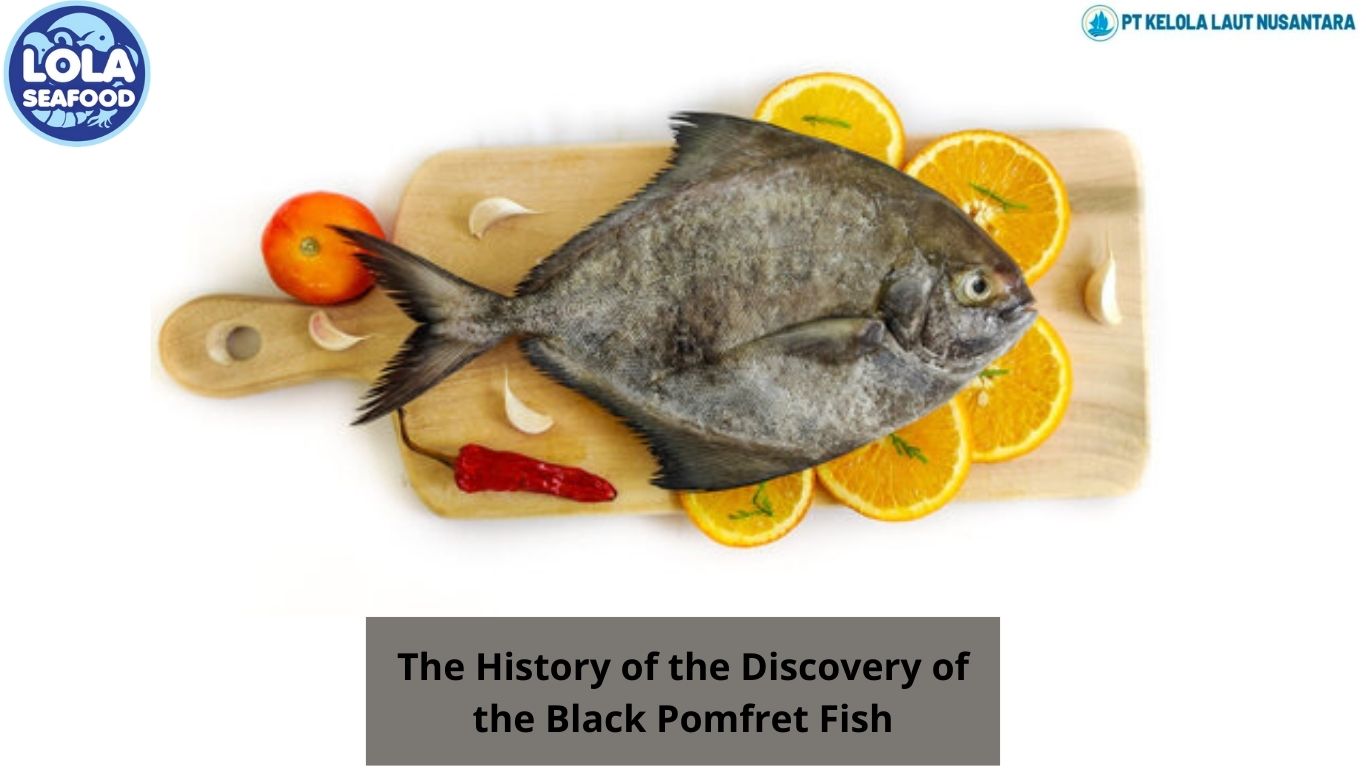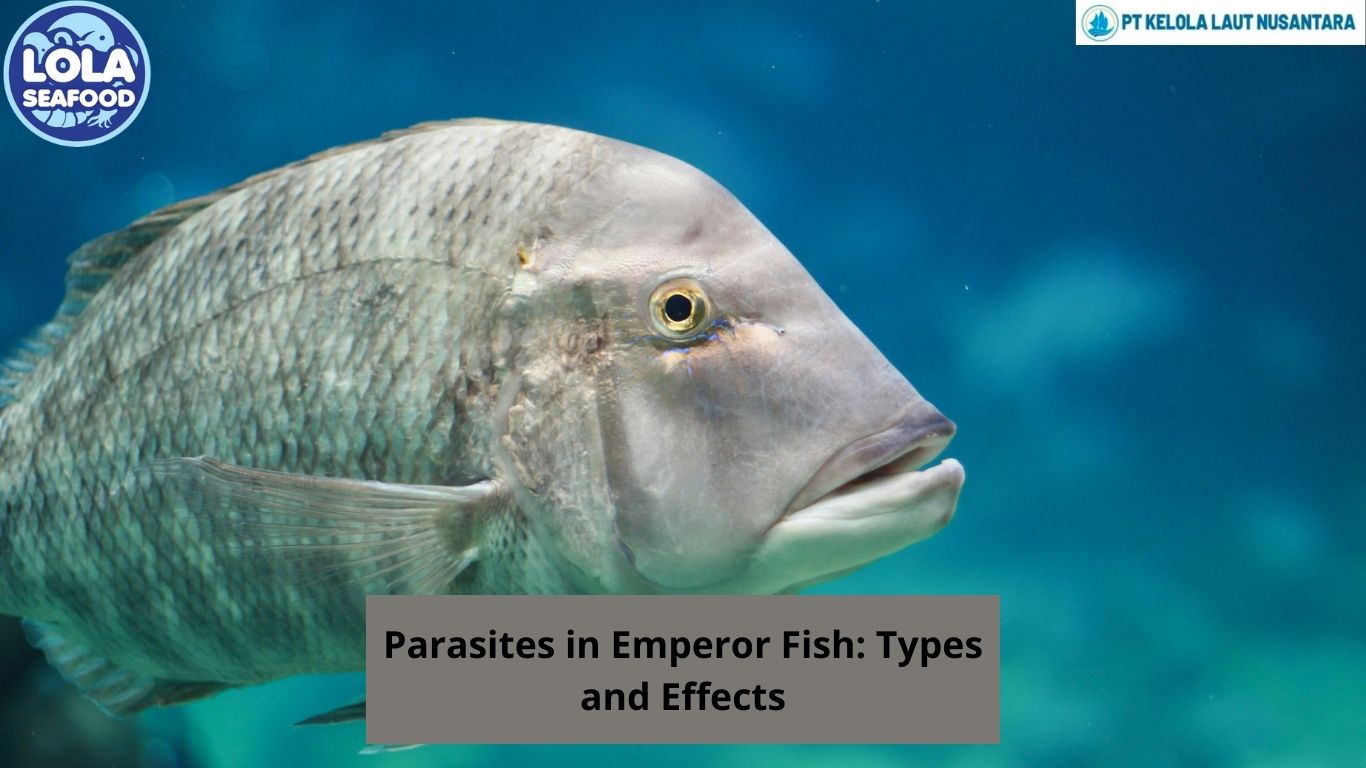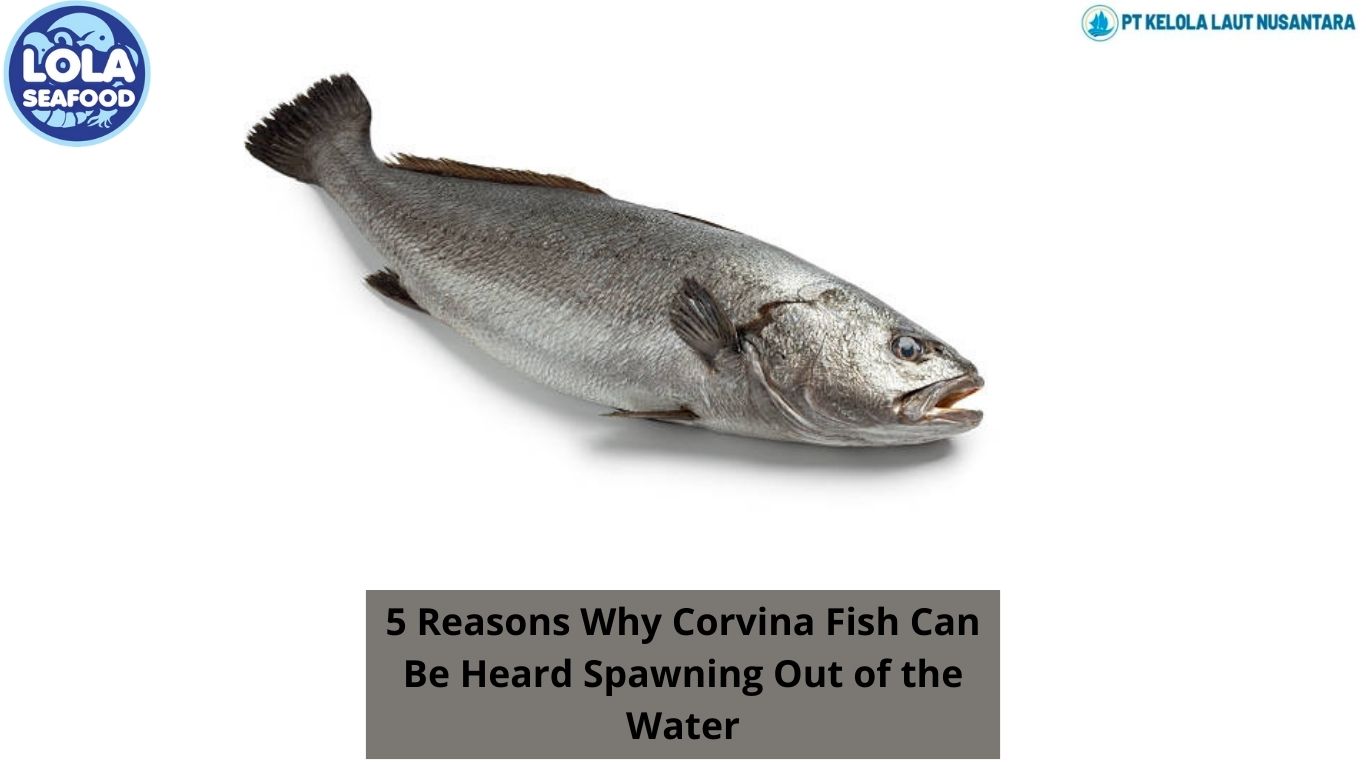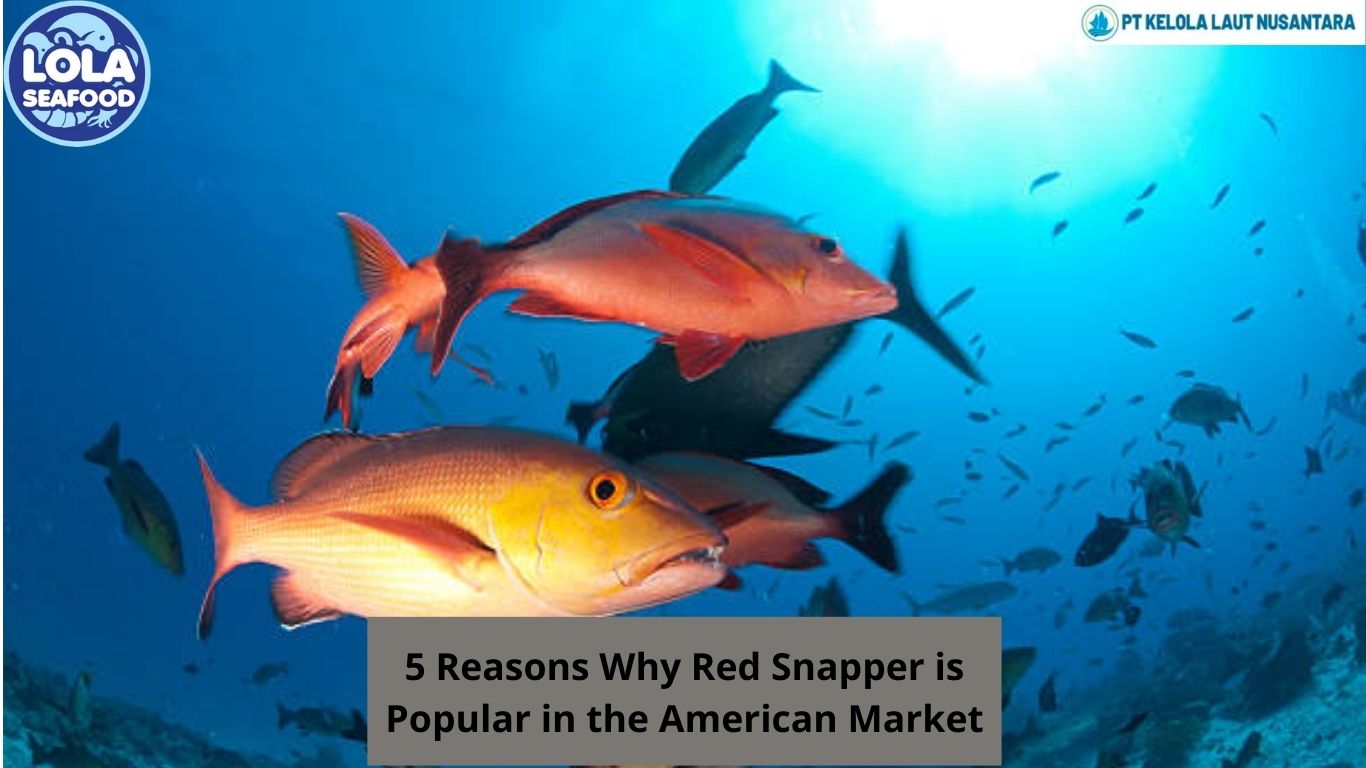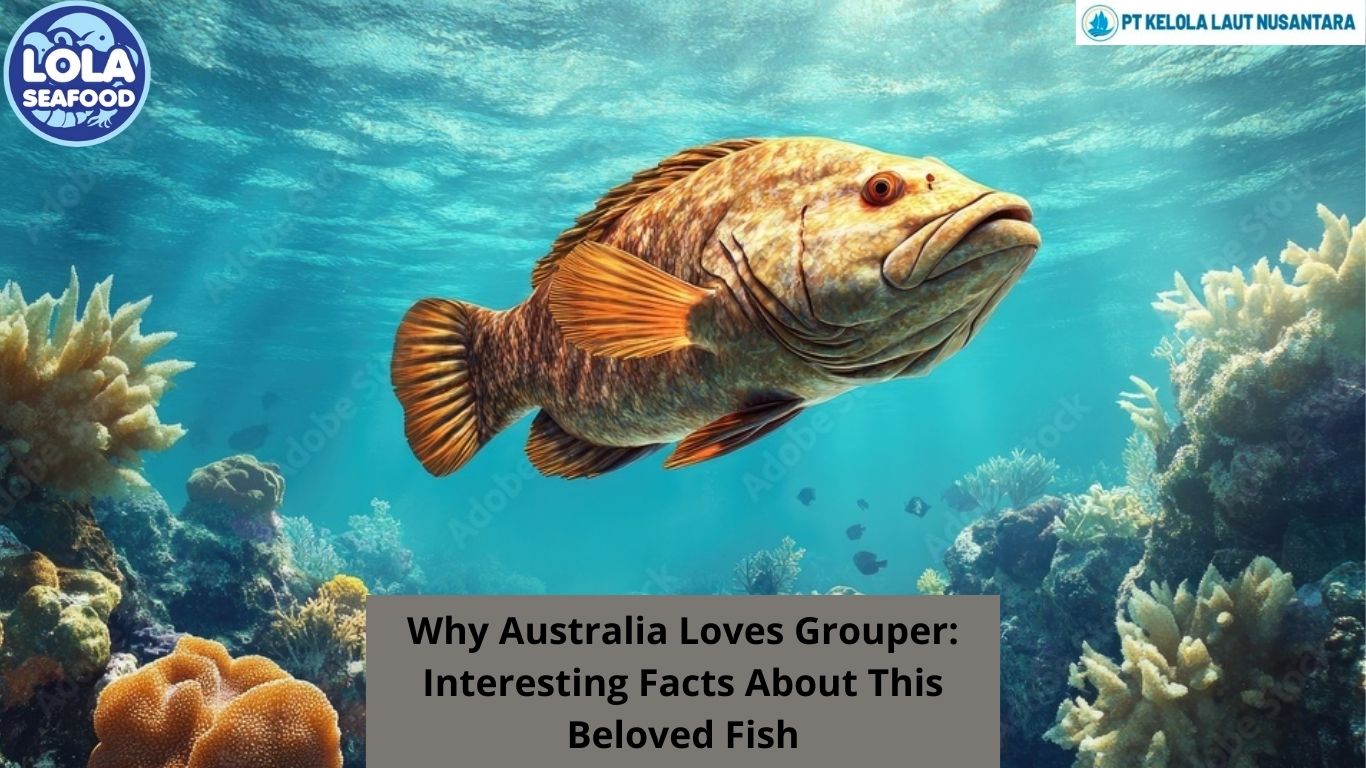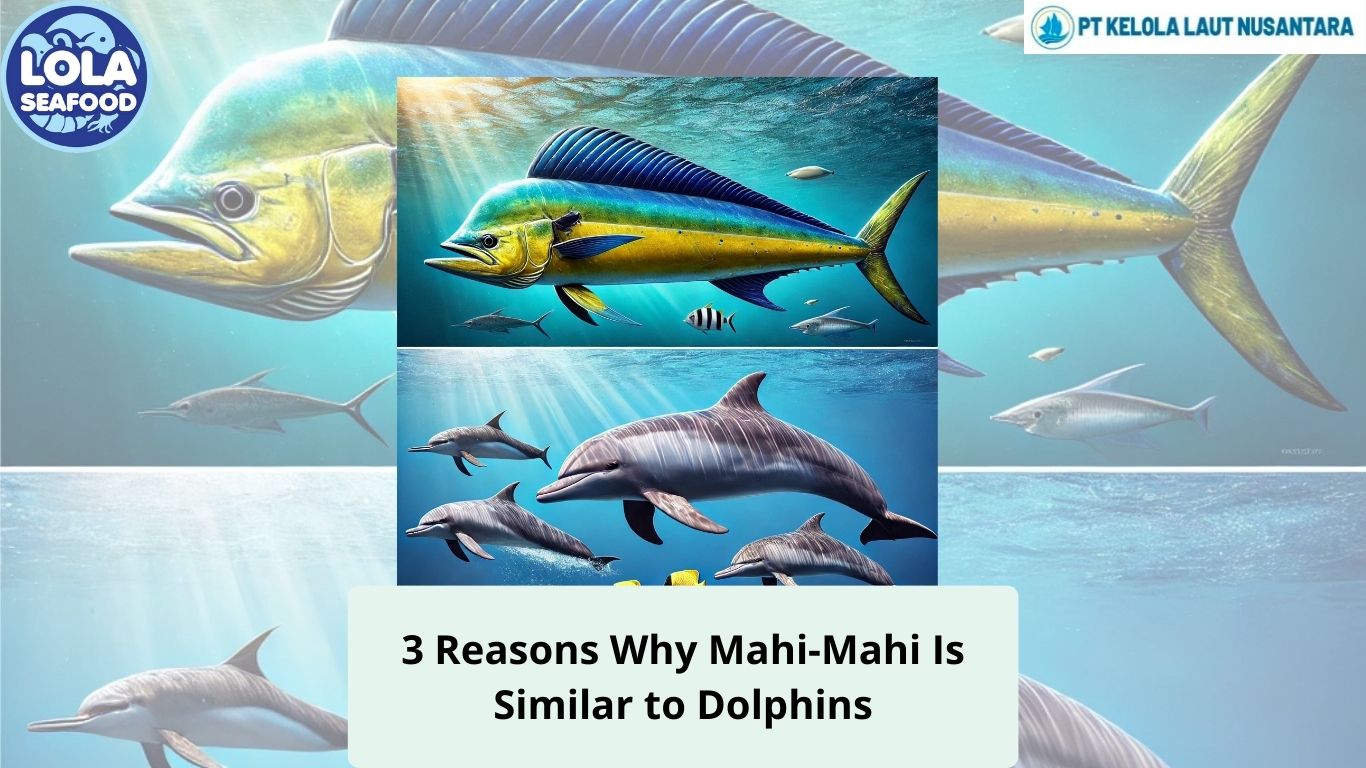This Is the Development of Parrotfish Exports in the World
By. Kusni - 21 Feb 2025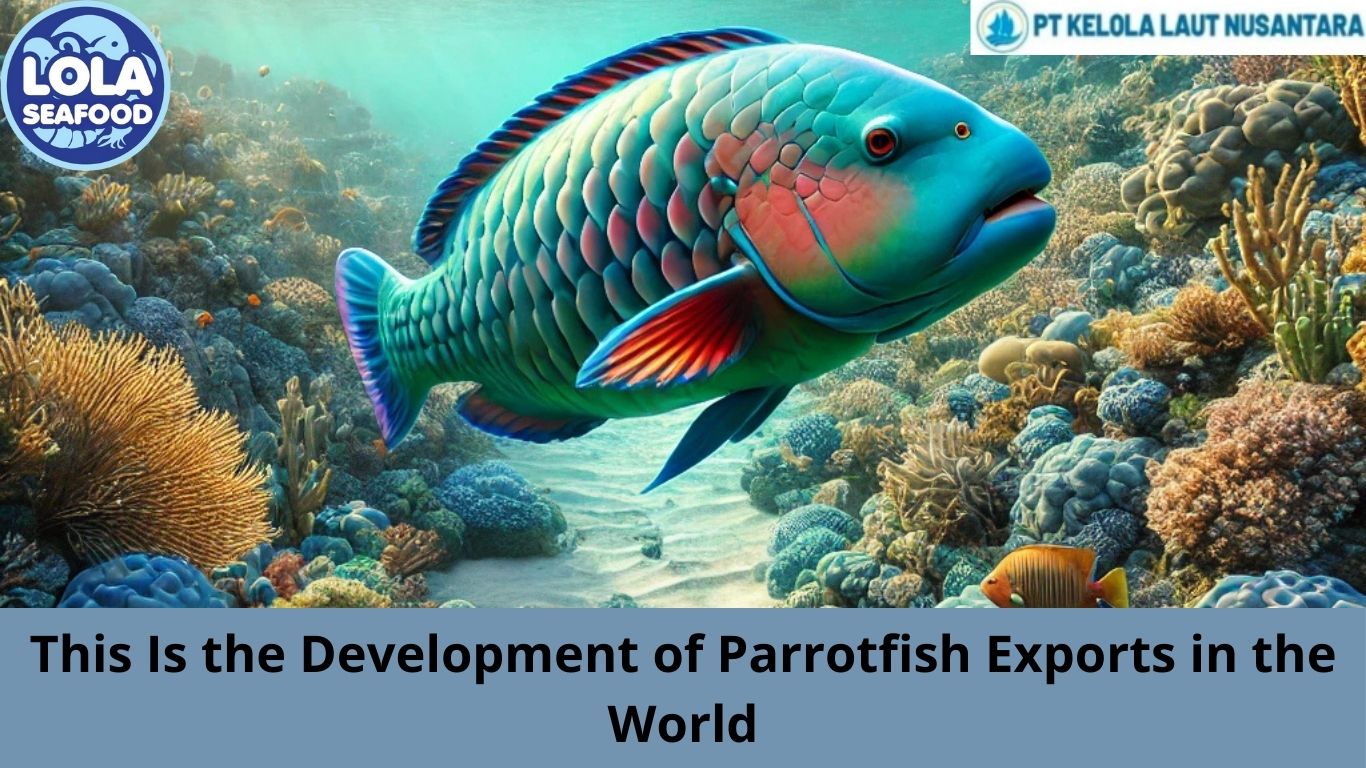
Kelolalaut.com Parrotfish (Scaridae) are brightly coloured reef fish that play a crucial role in maintaining the health of coral reef ecosystems. They help control algae growth and produce sand through their feeding habits. In recent years, the demand for parrotfish has increased, leading to a growing global trade. However, this expansion raises concerns about sustainability and ecological balance.
Growth of Parrotfish Exports
The international trade in parrotfish has expanded significantly, especially in regions like the Caribbean, Southeast Asia, and the Pacific. Countries such as the Philippines, Indonesia, and the Maldives are among the major exporters, while key markets include the United States, Europe, and some parts of Asia, where parrotfish are valued as a delicacy.
In many coastal communities, parrotfish fishing has become a source of livelihood. Fishermen catch them using nets, spears, and traps, and they are often sold fresh or dried. The increase in exports is largely driven by rising seafood demand, particularly in markets that favour exotic fish species for culinary and commercial purposes.
Economic Benefits and Challenges
The economic benefits of parrotfish exports are significant for many small-scale fishermen. In developing countries, fishing communities rely on this trade to support their families. The export of parrotfish contributes to national economies by generating revenue through seafood sales and international trade agreements.
However, overfishing is a growing concern. The increasing demand for parrotfish has led to unsustainable fishing practices in some areas, threatening local fish populations. Because parrotfish play a key role in maintaining coral reef health, their depletion can have serious ecological consequences. Coral reefs depend on parrotfish to prevent algae overgrowth, which can suffocate corals and disrupt marine biodiversity.
Regulations and Conservation Efforts
To balance economic growth with sustainability, many countries and international organizations have implemented regulations on parrotfish fishing. Some regions have introduced size limits, seasonal bans, and marine protected areas to prevent overexploitation.
For example, in the Caribbean, some nations have imposed strict bans on parrotfish fishing to protect their reefs. In the Maldives, sustainable fishing guidelines have been introduced to manage fish stocks while supporting local livelihoods. Additionally, non-governmental organizations (NGOs) and marine conservation groups are raising awareness about the importance of parrotfish and promoting sustainable seafood choices.
Future Outlook
The future of parrotfish exports will depend on finding a balance between economic interests and environmental sustainability. Governments, fisheries, and conservation groups must work together to ensure responsible fishing practices. Sustainable aquaculture and eco-certification programs could help reduce the pressure on wild populations while still supporting the seafood industry.
Consumers also play a role in shaping the future of parrotfish exports. By choosing sustainable seafood options and supporting responsible fisheries, they can contribute to the long-term preservation of marine ecosystems.
As global seafood demand continues to grow, the challenge will be to maintain a thriving trade in parrotfish while ensuring the health of coral reefs and ocean biodiversity. Effective policies, better enforcement of regulations, and increased awareness will be essential for the sustainable development of parrotfish exports worldwide.
If you are interested in our Parrotfish Fillet Skinless please do not hesitate to contact us through email and/or whatsapp.
